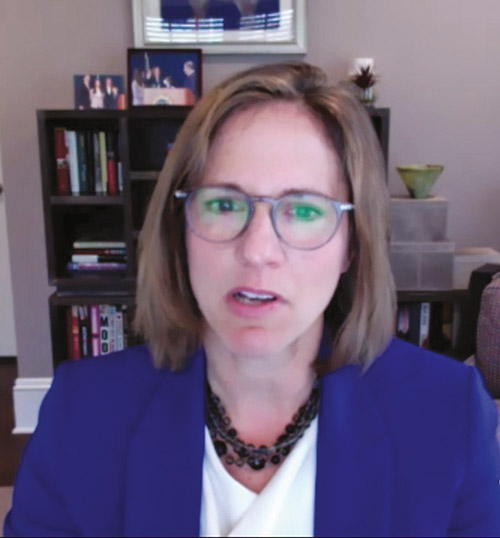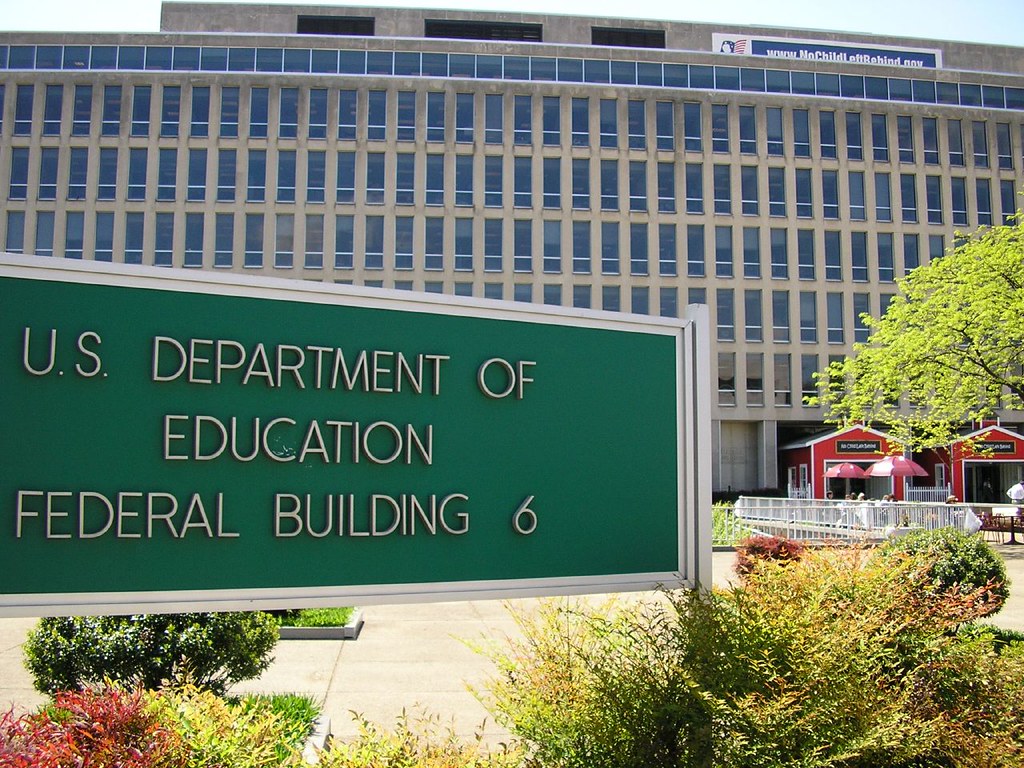

UJA Westchester and the Westchester Jewish Council recently held their annual Government Relations Legislative Briefing. UJA Westchester’s Government Relations Chair Karen Everett, also vice-chair of WJC’s interfaith committee, hosted this virtual alternative to their annual breakfast.
Everett highlighted the $67 million in UJA pandemic emergency relief grants and loans, given to thousands in need via 140 Jewish organizations and their Community Security Initiative.
Westchester County executive George Latimer presented a review of pressing issues. “We face a society full of problems, not the least of which is the COVID vaccine challenge, which comes out of dealing with the infection. We had no roadmap to handle it. Before COVID, we had issues of affordable housing, public works, the County Airport and the resurfacing of hatred. We may not have as much as other places, given the nature of our population, but at Shoah remembrances at this time of year, we can’t treat the hatred as if it was something in the rear-view mirror. We’ve seen hatred come back in different forms. We operate in a positive way. When we work together, we do exactly what the Reverend Dr. Martin Luther King said, which is to judge each other by the content of our character, not by the color of our skin, or by extension any other factors that are demographic.”
He continued, “We have to figure out how we maintain the type of relationships that we’ve had that make everybody of every ethnic background feel comfortably part of Westchester’s mosaic. You have the opportunity to grow your own life, and not feel singled out because of religion or position. In Westchester, that task isn’t partisan, making sure every community feels respected and protected.”
In a pre-recorded message, Congressman Sean Patrick Maloney applauded the American Rescue Plan providing Westchester $188 million and additional funds for vaccines, Metro-North, municipalities and school districts. Many county and municipal officials, NY Senator Kirsten Gillibrand, NY Attorney-General Laticia James and one of Westchester’s two new congressmen, Jamaal Bowman, were also represented. Last-minute budget negotiations in Albany forced a last-minute cancellation of State Senate Democratic Leader Andrea Stewart-Cousins.
The keynote address was given by Westchester’s new district attorney, Mimi Rocah. She served 16 years with the US Attorney for New York’s Southern District, taught Pace Law School students and was a legal analyst for MSNBC/NBC News.
Speaking on the eve of Yom HaShoah, Rocah informed participants, “I’ve known for a long time that my father and his parents escaped the Nazis in Romania in 1940 and managed to get a visa, through Turkey, to Palestine. My father’s family were among very few fortunate ones who got out. I learned recently how many members of our family perished at the hands of the Nazis, including my great-grandmother. Our county executive said it exactly right: We can never assume that these kinds of atrocities, that grow out of hate and bigotry, won’t happen here in the US.”
She detailed her office’s focus on hate crimes and bias incidents. “This isn’t just a law enforcement problem, human rights issue or social services issue. It’s all of those things.”
She has appointed a new hate and bias crimes coordinator. “We’re looking at legislative amendments that we can propose to address these kinds of conduct. Obviously, it’s complicated; we need to balance first amendment concerns. I personally became a prosecutor, in large part because my own mother was the victim of a violent rape, years ago. As a federal prosecutor, I experienced the criminal justice system for the victim side personally because my elderly parents were the victims of a violent home invasion in Chicago, and I went through that process with them. It really got me to focus on the rights of victims.”
A new policy she instituted is that within 48 hours, all families of homicide victims and victims of violent crimes would be contacted. One of the things she’s most proud of is the long-promised conviction review unit, something she talked about from the start of her campaign. She is also addressing claims of actual innocence, if they are actually innocent, as well as severe police misconduct, immigration and worker safety.
Her office is developing pretrial diversion programs to collaborate with defense counsel so these can be successful. A data architect was hired to establish mechanisms and processes for tracking and analyzing data in the criminal justice system from arrest to sentencing to probation and beyond, to try to ensure fairness in prosecutions and the criminal justice process. There are new internal ethical guidelines regarding prosecutorial misconduct and sexual harassment.
One of her goals, Rocah promised, “I’ve met personally with almost every local police chief, continuing until I’ve met with every single one.”
By Judy Berger











